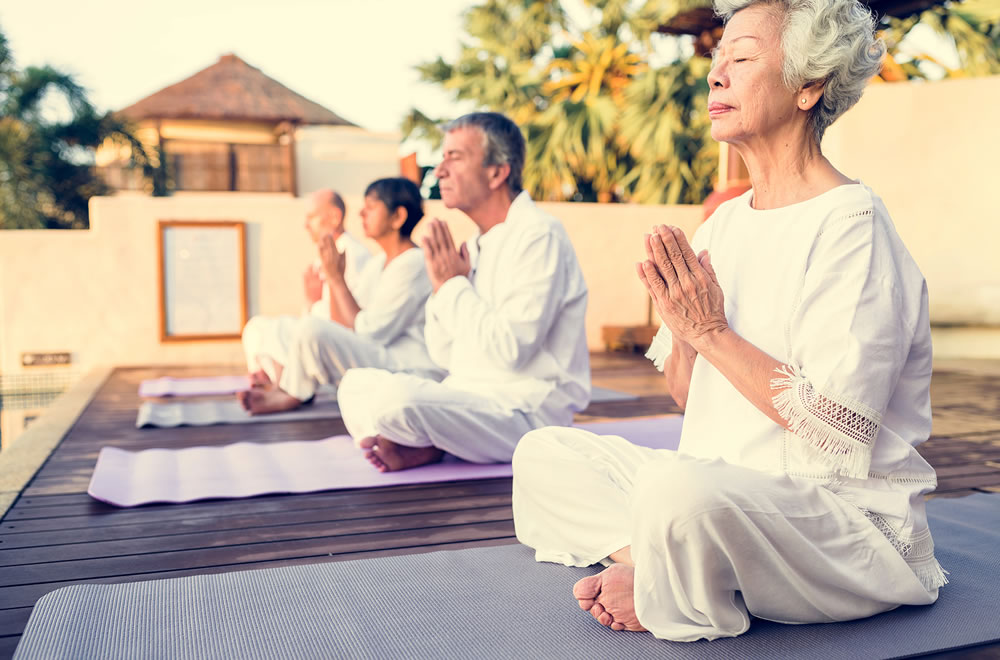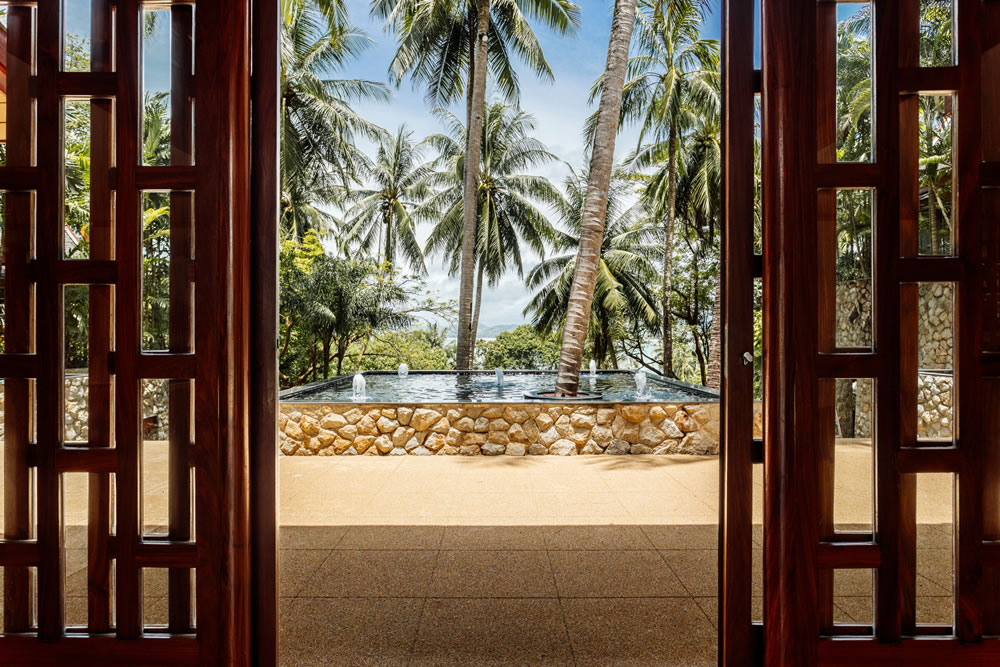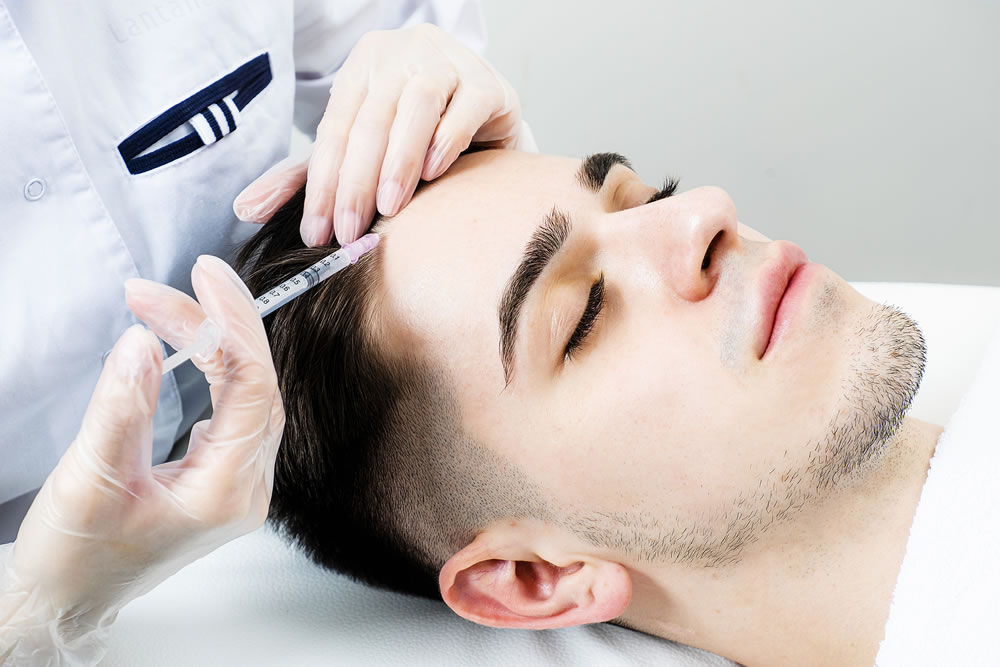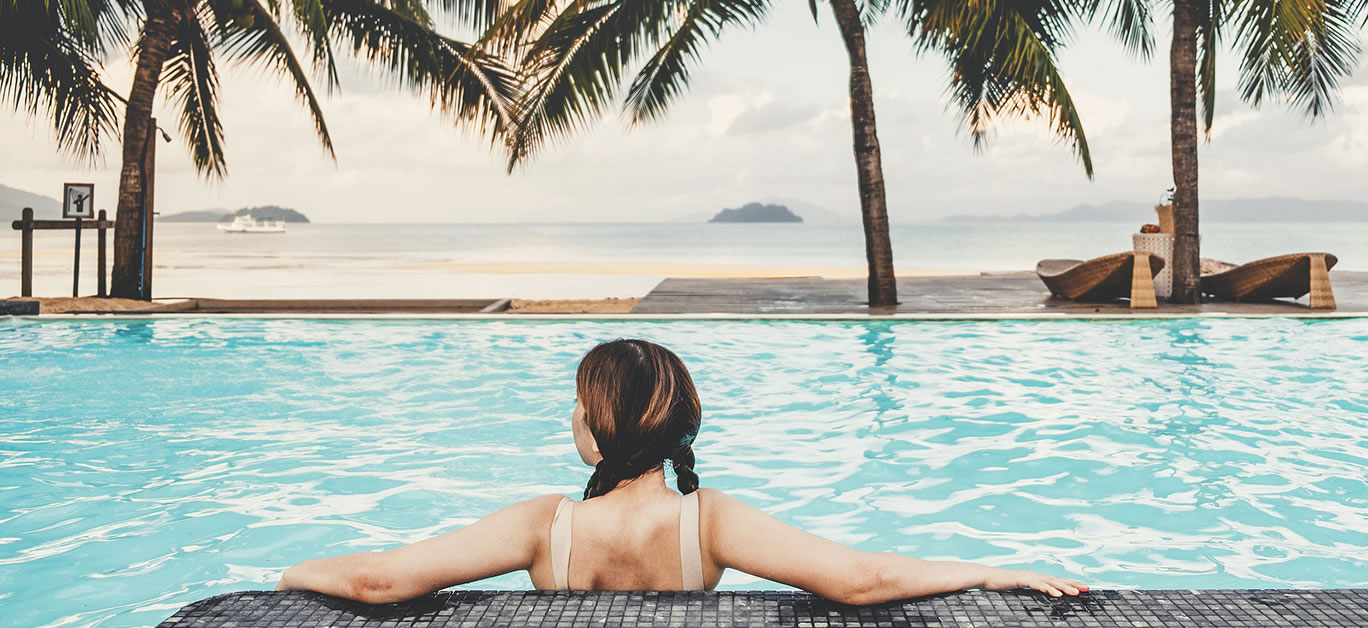In today’s always-on, digital age, and particularly during the current Covid-19 pandemic, it’s unsurprising that we are seeing more of a focus on the wellness lifestyle than ever, with people paying more attention to their mental and physical health to ensure that they are in the best possible shape to sail easily through a stressful way of life and tricky times such as these.
Wellness is big business, and the corporate market is set to exceed $7.4 billion USD by the year 2024, with Asia leading the way. And although travel might be limited at the moment, nations such as Bali and Thailand have become popular hotspots for yoga and meditation retreats in recent years, with wellness seekers often heading to the continent for a restorative break for body and mind.
With such beautiful scenery, vibrant and diverse cultures and incredible experiences on offer, it’s not hard to see why – and once Covid-19 restrictions are lifted, it may well be one of the fastest areas of tourism to bounce back.

But while spas and mindfulness camps have been sought-after places to escape to for some years now, it seems that they have been paving the way for a whole new breed of wellness tourism, which has seen health and medical travel blend into the mix too as people travel further afield for treatments they would pay far more for at home.
No longer is the lure of a relaxing and restorative break enough, and with many nations around the world offering up high-quality cosmetic and dental treatments for a fraction of the price you’d pay in the UK, it’s little wonder that travellers are taking the opportunity to combine a new set of veneers or a hair transplant procedure with a luxurious five star week on the beach.
Not only can they be treated at one of the top clinics in the world, but they can recuperate in beautiful surroundings before returning home, too. It certainly sounds like a match made in heaven.
A holistic approach

In Thailand, Amanpuri’s Holistic Wellness Centre is well ahead of the curve, having been offering integrative medical services such as radiotherapy and blood analysis alongside Ayurvedic therapies and acupuncture treatments.
Meanwhile, The Farm at San Benito, in the Philippines, has a team of resident specialists on hand who prescribe innovative treatment plans for chronic and acute pain sufferers, with vegan diets and mindfulness commonly recommended alongside more traditional medicines.
A more holistic approach to disease and illness, it seems, it becoming favoured amongst the more affluent – but despite the increasingly popularity of such destinations amongst the wellness pack, they are not the only ones to experience a surge.
Hair today

Turkey has become an increasingly sought-after destination amongst health tourists, offering up some of the best and most reasonably priced hair transplants in the world. Such is the demand for such treatments amongst young men experiencing early onset baldness that health tourism companies have stepped in to fill the gap in the market, arranging trips from start to finish and releasing clients from the stresses of doing so themselves.
London-based medical travel group Longevita offers private medical procedures at some of the top rated accredited facilities in Turkey. With the price of a Longevita hair transplant subsidised by the Turkish government, rates are considerably lower than in the UK – and a quick glance at the celebrity news columns – pre-Covid, of course – would almost invariably bring to your attention yet another celebrity who had taken the trip. It’s not just about lower prices; Turkey is known for having the best hair transplant surgeons in the world – so with the opportunity to get the best of both worlds, it’s an obvious choice.
Fertility trips

With a global worth that is upwards of $1.5 billion, the fertility treatment market is growing. In China, it is reported that over 40 million patients have spent $1.1 billion on overseas fertility treatments in 2016 alone, and since the loosening of China’s one-child family rule, that number has continued to grow.
The US is a popular destination of choice amongst such tourists, offering up some of the most forward-thinking treatment plans in the world. Malaysia, meanwhile, is thought to have the highest IVF success rate in the world, at 65 percent, compared with the average 50.
It might not be surprising to hear that in Thailand, a more holistic approach to helping couples conceive is making waves. TRIA, a luxury spa in Bangkok, provides a range of wellness treatments to help couples conceive and is becoming a popular alternative for those for whom IVF has failed.
The future
There’s no denying that in spite of its immense growth in recent years, over the past twelve months, global health and wellness tourism has taken a hit. With restrictions on travel still in place for many nations and lockdowns ongoing on home soil, even receiving such treatments at home is currently off the cards – but as the world returns to normal, we can expect to see this type of travel bounce back with ease.
After a stressful period that has taken its toll on many – both mentally and physically – a wellness trip may well seem all the more appealing. And, for those whose health tourism plans have been put on hold, it’s likely they won’t want to waste any more time.






















